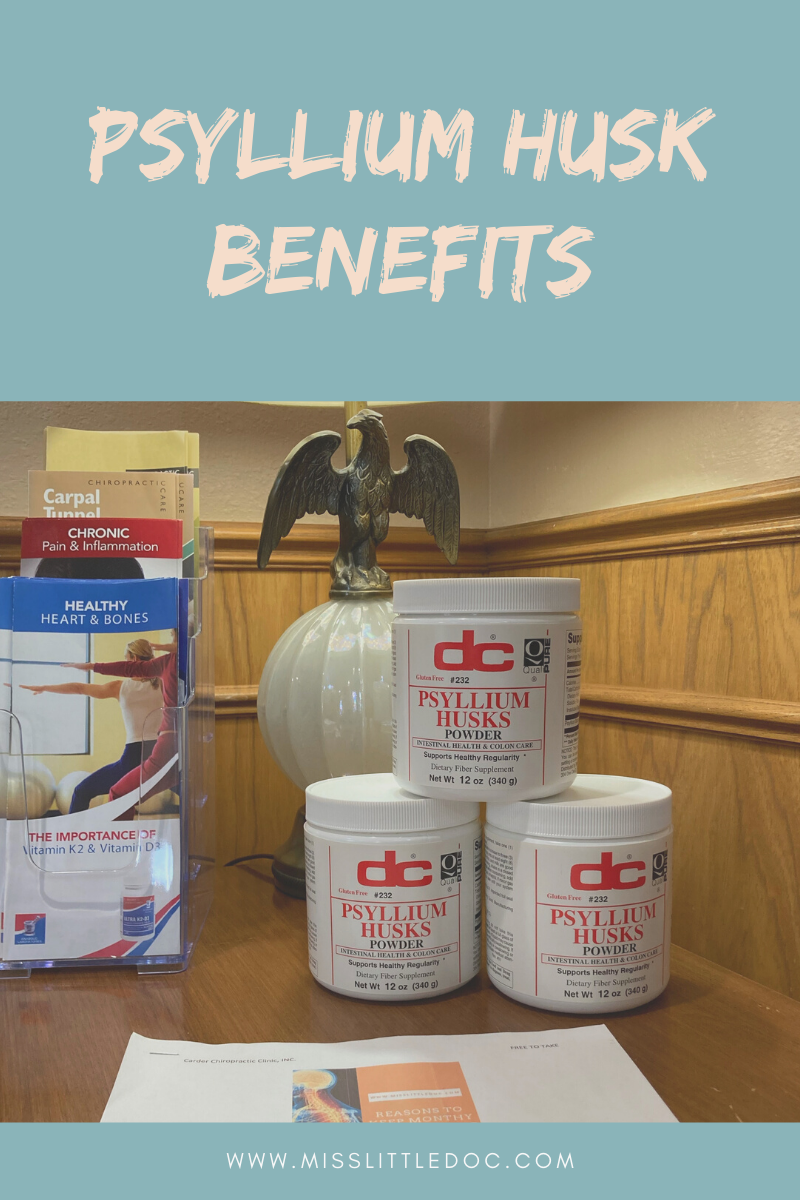Psyllium Husk Benefits
Psyllium husk comes from the husk of the psyllium seed, which the body can not digest. It grows worldwide but is most common in India and is best known as a natural laxative known as a bulking fiber. Once it is ingested, it expands and draws water in to help with elimination. So it can be beneficial for constipation and diarrhea.
Dietary fiber found in psyllium husk may help with the following conditions:
- Cancer
- Colitis
- Constipation
- Diabetes
- Diarrhea
- Diverticulosis
- Hemorrhoids
- Heart disease
- Hypertension
- Irritable bowel syndrome
- Kidney stones
- Obesity
- Peptic ulcer
- PMS
1. Relieves Hemorrhoids, Constipation and Diarrhea
Constipation is common among people and especially common in adults older than 60 years. Symptoms occur in almost 50 percent of nursing home residents. Since psyllium seed husk helps make elimination easier, it also helps naturally treat hemorrhoids (which can be caused by constipation or excessive pressure due to pushing). Psyllium can also be used to help relieve mild-to-moderate diarrhea. It’s beneficial to diarrhea sufferers because it soaks up a significant amount of water in the digestive tract, which helps make the stool firmer and slower to pass through the system.

2. Controls Blood Sugar
Psyllium husk has been found to help with blood sugar control. Adding it to a healthy diet can help lower blood sugar levels, reducing the risk of metabolic syndrome. Taking psyllium before meals has been found to keep blood sugar levels from rising after a meal, which is important for individuals with diabetes or pre-diabetes. In one study published by the American Journal of Clinical Nutrition, simply taking psyllium fiber with breakfast and dinner helped to reduce glucose elevation a meals.
3. Lowers Cholesterol
Research has shown that psyllium seed husk is a good addition to a healthy diet and lifestyle for people struggling with high cholesterol levels. The Journal of The American Medical Association examined the effectiveness of psyllium seed husk as an adjunct therapy for people with mild to moderate high cholesterol levels. This study found that compared with a placebo, psyllium achieved a 4.8% reduction in total cholesterol level and an 8.2% reduction in low-density lipoprotein cholesterol level.
4. Improves Heart Health and Blood Pressure
Adding high-fiber foods like psyllium seed husk to your diet can help to lower heart disease risk. A study in the European Journal of Clinical Nutrition evaluated the effects of psyllium in type II diabetic patients and found that psyllium not only improved blood sugar, but also reduced the risk of coronary heart disease. Psyllium also has been shown to improve hypertension or high blood pressure, which has a direct negative effect on hearth health.
Dosage
Psyllium comes as a powder, granules, capsule, liquid, and wafer, all of which are taken by mouth. Psyllium must be taken in the recommended amount and mixed with an adequate amount of water or other liquid (at least eight ounces or 240 milliliters) or it may lead to constipation and possibly even cause a small bowel obstruction. Starting slowly with a small dose specifically, no more than a five-gram increase a day each week is recommended to give the digestive system time to adjust to the increased fiber.
The Institute of Medicine recommends a fiber intake of about 25 grams a day for women and 38 grams a day for men (adults ages 21 to 50). Older adults tend to consume fewer calories, so the recommendation for women and men over 50 is 21 grams and 30 grams a day, respectively.
Chiropractic
Chiropractic aims to find out the root problem to all the issues you are experiencing. If you are having stomach issues or any of the symptoms listed above give us or a chiropractor near you a call! Getting adjusted is the keystone to your central nervous system and nourishing your body with healthy foods keeps you functioning optimal.
~Dr. Lacey~
Carder Chiropractic Clinic, INC.
El Reno, OK 73036



